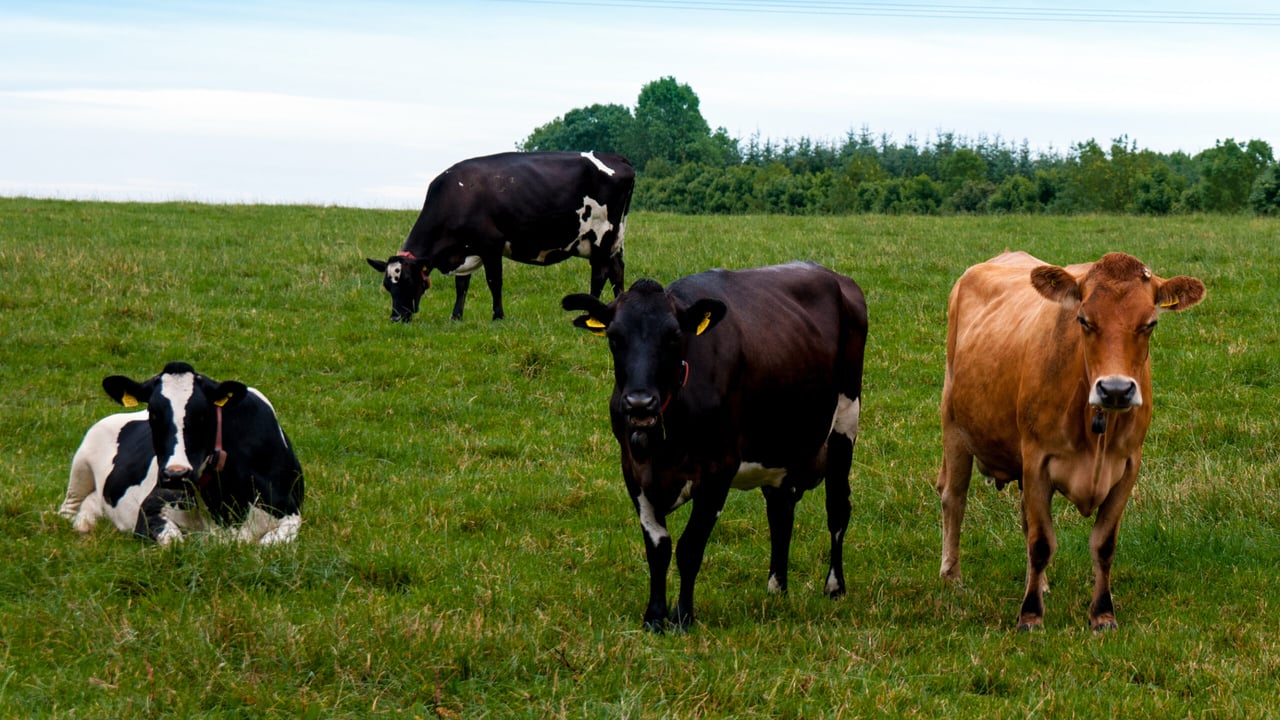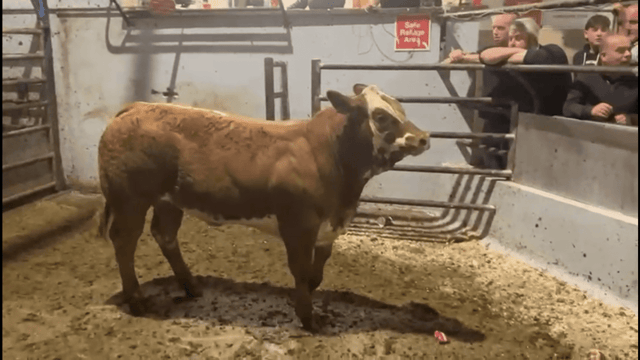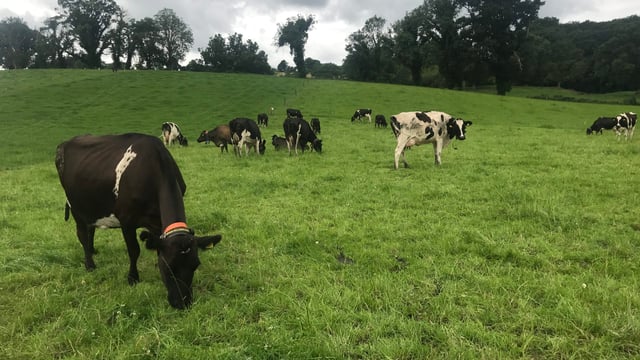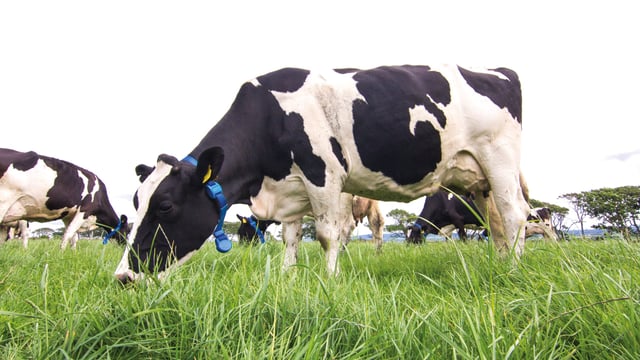Ryan's comments 'at odds' with government's national herd commitments
The Minister for Environment, Climate and Communications Eamon Ryan has been called out by a farm organisation for making comments which are "at odds" with government commitments around a reduction in the national herd.
The Irish Farmers' Association (IFA) has said Minister Ryan made comments during an interview on Virgin Media this week that indicated "his real objective is to reduce cow numbers in Ireland to appease those with an anti-animal farming agenda, within his own party".
Minister Ryan appeared on The Tonight Show on Tuesday (July 12), where he was questioned on whether or not he believes there should be a cut in cow numbers.
Speaking on the show, the green party minister said that he believes anaerobic digestion could be part of the solution to achieving net zero emissions by 2050, however, development of this would require the re-allocation of grassland.
"We won’t have as many cattle but we will have greater income. And that’s the sort of choices that I think we need to make," the minister said.
However, IFA president Tim Cullinan has said that these comments go against previous commitments from both the Taoiseach and the Tánaiste that the government would not be seeking any reduction in Irish cattle numbers. He said:
"The average cattle herd in Ireland is less than 80 animals but the minister wants these farmers to cut back on their production from which they derive their income."
Speaking about the minister's mention of anaerobic digestion, Cullinan said "the government have done nothing to make this feasible at farm level".
Cullinan said that farmers will be impacted by climate change mitigation measures in other sectors such as energy and transport, yet at the same time, they are also being asked to take a direct hit on their incomes.
Minister Ryan also discussed measures that must be taken in other emission heavy areas such as transport and energy within the interview. Speaking about this, Cullinan said that farmers will be impacted by these climate change mitigation measures the same as other people, but then they are expected to take a direct hit on their income as well.
Cullinan stated the government cannot force through sectoral emission ceilings without complying with requirements in their own legislation. These requirements include undertaking an economic and social impact assessment of the effect of a sectoral ceiling; how the distinct characteristics of biogenic methane are to reflected; and the risk of carbon leakage.
"The government, including Minister Ryan, would be derelict in their duty if these issues are not given due regard as required in the act," Cullinan concluded.





